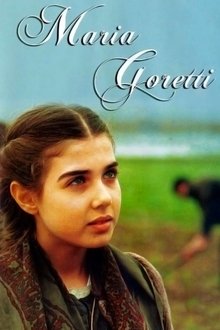The Patriarchate of Moscow and the POKROB Film Studio deliver to global Orthodoxy a documentary with a total duration of five hours on the holy life and work of Saint Paisios of Mount Athos.
Related Movies
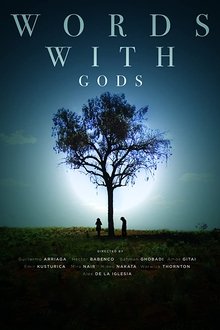
Words with Gods (2014)
The first of four installments in the groundbreaking Heartbeat of the World anthology film series. Comprised of several short films by some of the world's most exciting directors, Words with Gods follows the theme of religion - specifically as it relates to an individual's relationship with his/her god or gods...or the lack thereof. In Words with Gods, each director recounts a narrative centered around human fragility, as well as environmental and cultural crises involving specific religions with which each has a personal relationship; including early Aboriginal Spirituality, Umbanda, Buddhism, the Abrahamic faiths, Hinduism, and Atheism. An animated sequence by Mexican animator Maribel Martinez is woven through each of the film segments, with each segment narratively connected as a feature-length film.
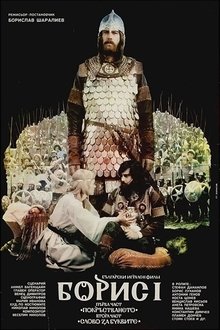
Boris I: Part 1 – The Baptizing (1985)
Part one of this two-part epic follows the life and deeds of Boris I – a strong historic personality, which completes his mission to the full and at the end of his life receives holy orders.
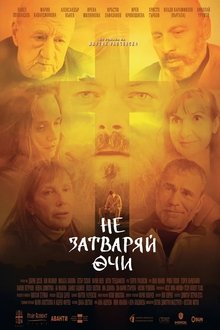
Don't Close Your Eyes (2025)
The film follows the lives of Peter and Paul: two characters in different eras - Peter in the 1980s and Paul nowdays. Peter looses his sister in an accident and is banished from his home. In the present time Paul's sister has cancer and is fighting for her life. The two story lines intertwine and find a way trough God's providence to serve each other for good.
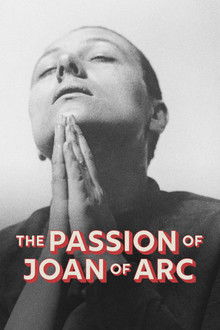
The Passion of Joan of Arc (1928)
A classic of the silent age, this film tells the story of the doomed but ultimately canonized 15th-century teenage warrior. On trial for claiming she'd spoken to God, Jeanne d'Arc is subjected to inhumane treatment and scare tactics at the hands of church court officials. Initially bullied into changing her story, Jeanne eventually opts for what she sees as the truth. Her punishment, a famously brutal execution, earns her perpetual martyrdom.
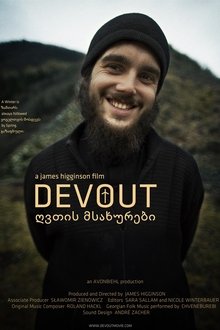
Devout (2016)
DEVOUT reveals an archaic utopia, a timeless spiritual sphere that is as beautiful and harsh as the mountain terrain of the Caucasus, tempting but unforgiving, a riddle like God and faith as mysterious as the human condition.
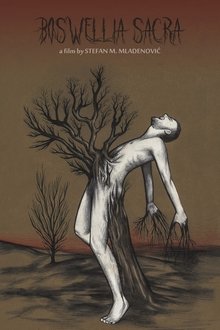
Boswellia sacra (2022)
Inspired by true events. "Boswellia sacra" is a short feature film about nature which draws a parallel between the environment and the protection of human rights; about the law of nature that is constantly being violated by man; about Vukasin Drakulic, a thirty-year-old young man who comes to realize this relationship. Can a person escape his own nature and the one that surrounds him.
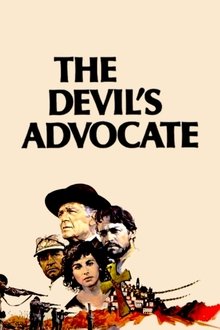
The Devil's Advocate (1977)
A dying priest is commissioned to investigate the deeds of Giacomo Nerone, a dead wartime partisan, and find out if he truly is worthy of being canonized.
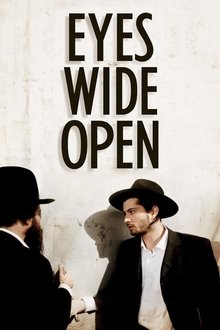
Eyes Wide Open (2009)
A middle-aged Orthodox Jew, Aaron, living and working in Jerusalem with his wife and children, meets a homeless 19-year-old student. Aaron offers to give Ezri work as his assistant at his family's butcher shop. The two men grow close and their attraction becomes sexual. Aaron must now confront his own sexuality, his feelings for Ezri, and his obligations to his family and faith.
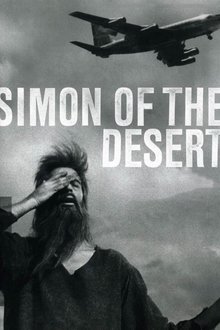
Simon of the Desert (1965)
Simon, a deeply religious man living in the 4th century, wants to be nearer to God so he climbs a column. The Devil wants him come down to Earth and is trying to seduce him.
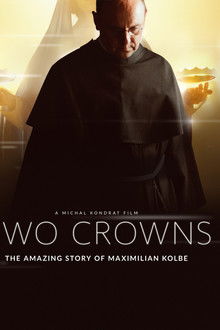
Two Crowns (2017)
Recreation of facts and stories of both experts and people who met Maximilian Kolbe and were shocked by his words and actions.
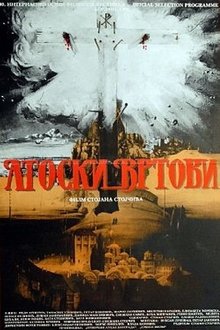
Gardens of Athos - Transfiguration (1989)
A story of spiritual resistance to physical political persecution. Set after the Russian revolution, when communist zealots hunt down everyone who will not forswear their Orthodox Catholic ways.
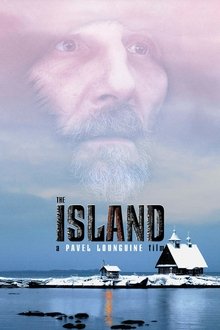
The Island (2006)
Somewhere in Northern Russia in a small Russian Orthodox monastery lives an unusual man whose bizarre conduct confuses his fellow monks, while others who visit the island believe that the man has the power to heal, exorcise demons and foretell the future.
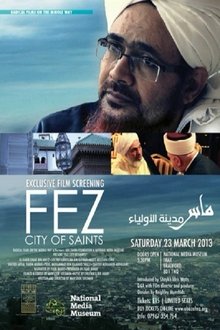
Fez: City of Saints (2011)
This exclusive documentary follows the journey of some of the worlds leading Muslim thinkers in a gathering that took place at the heart of an ancient Islamic city It was Habib Umar's first trip to the Maghreb and the film captures his travels and responses as he journeys through a land brimming with spirituality, knowledge and vast history. From the serene courtyards of the University of Qarawiyyin to busling souk streets, from walled city of Fez to the mountainous sanctuary of Moulay Idris, the film shares the spiritual secrets of the places and their stories. The beauty of the great city of Fez, founded by descendants of the Noble Prophet (May Allah swt shower blessings upon him), is shared by a visitor who is himself a direct descendant of that great household. The result is a moving meeting of two traditions that form the very core of great Islamic narrative.
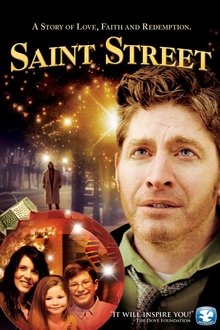
Saint Street (2012)
Saint Street is a classic American Christmas tale for the entire family. The story follows Percy who is a good man, but has found himself caught up in the riches of the world and is neglecting his most prized possession – his family. Christmas Eve has arrived and Percy is still hard at work late into the night, once again breaking his promises to his wife and kids that he would leave early so that they could drive to their traditional family Christmas party. After being warned time and again to change his ways from a heavenly being from beyond, Percy is about to experience some grave consequences for his actions. In a series of tragic events, Percy faces humble circumstances after losing everything in a car accident – his family, job and home. Paralyzed from the waist down and confined to a wheelchair, he is forced to be homeless and live in the gritty world of misfits on Saint Street.

Saint George the Hero (1989)
The life of St. George the hero prince of martyrdoms and the Saint of all ages
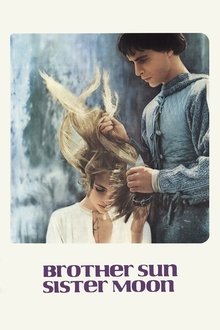
Brother Sun, Sister Moon (1972)
In his delirium from his return from war, Francesco Bernardone goes back in his memories to the days when he lived for parties and carnal pleasures. He slowly recovers, but after the illness he is no longer the Francesco that everybody knew. Instead of spending hours in taverns, he meditates on the beauty of God's creatures, soon renouncing his riches and his family with plans to rebuild an abandoned church and his life.
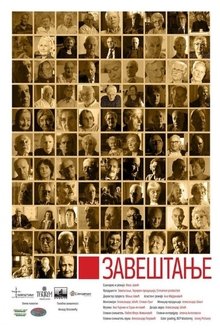
Legacy (2016)
In this film the last living witnesses of the events from Second World War are telling their stories and thus transferring silenced victim’s voices to present times.
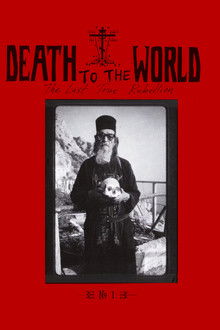
DEATH TO THE WORLD: The Last True Rebellion (2023)
The last true rebellion is death to the world. To be crucified to the world and the world to us.
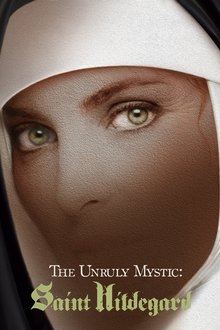
The Unruly Mystic: Saint Hildegard (2014)
Discover why The Unruly Mystic: Saint Hildegard is the patron saint of creativity, and how her influence resonates today. The 12th-century abbess was a Christian mystic and visionary. She was also a musical composer, writer, and healer who created natural remedies widely used in Europe today.
